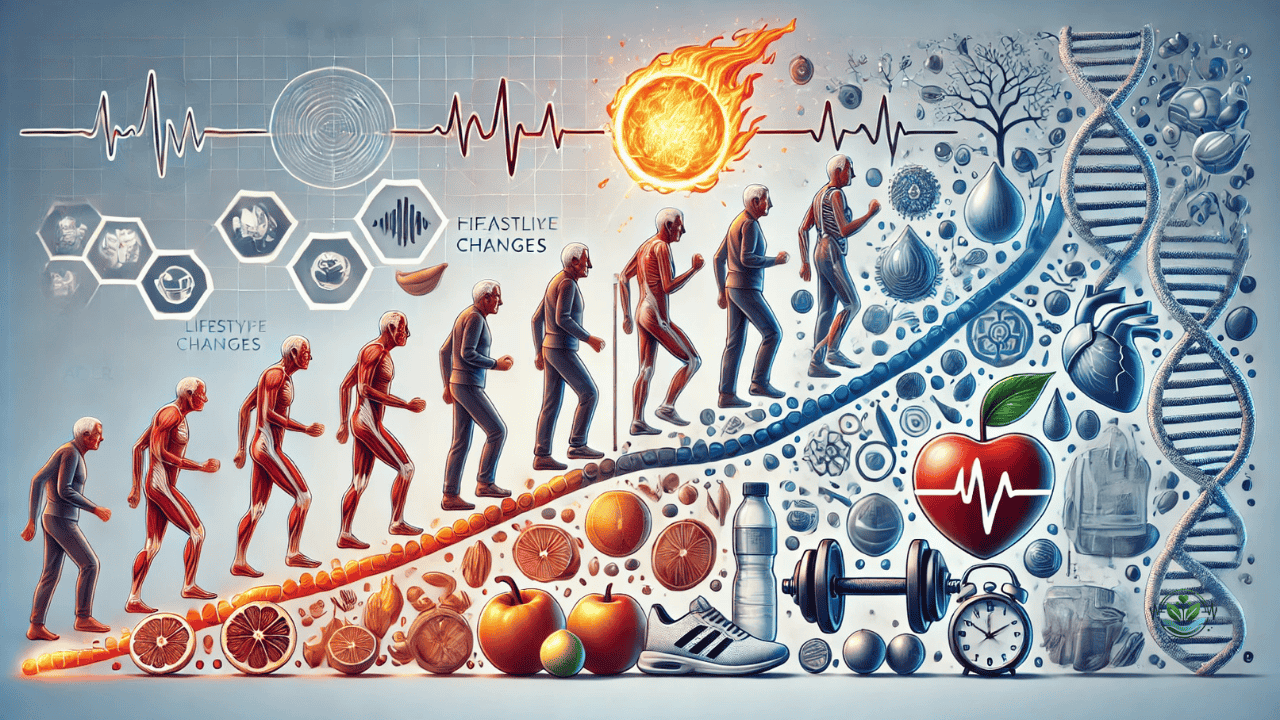Understanding Age-Related Changes in Metabolic Rate.

As we age, our bodies undergo numerous changes, one of the most significant being the alteration in metabolic rate. Understanding how these metabolic shifts affect our health can help us make informed decisions about nutrition and lifestyle adjustments. This post delves into the nuances of age-related metabolic decline, drawing insights from the notable research conducted by Leonard S. Piers, Mario J. Soares, and Leanne M. McCormack, published in *Metabolism*.
The Metabolic Rate and Aging
Metabolic rate is essentially the rate at which our bodies convert food into energy. It encompasses various physical and chemical processes that enable our survival. As we age, several factors contribute to a decrease in metabolic rate. Research indicates that this reduction is not merely a byproduct of aging, but rather a complex interplay of physiological changes.
Evidence for Age-Related Decline
Piers et al. (1998) discuss compelling evidence for the age-related reduction in metabolic rate. Their research highlights that the basal metabolic rate (BMR) tends to decline with age. This decline can be attributed to several physiological changes, including the loss of lean muscle mass, hormonal shifts, and decreased physical activity levels. The researchers found that individuals become less efficient at energy expenditure as they age, which can lead to weight gain and increased health risks.
Implications for Health and Nutrition
Understanding this shift in metabolic rate is crucial for tailoring our dietary and lifestyle choices. As our metabolic rate decreases, the caloric needs of our body also decline. Therefore, older adults may need to adjust their caloric intake to prevent unwanted weight gain, which often accompanies aging.
Moreover, the quality of the calories consumed becomes increasingly important. Incorporating nutrient-dense foods rich in protein can help mitigate the loss of muscle mass and promote a healthy metabolic function. Engaging in regular physical activity, especially resistance training, can also play a vital role in maintaining metabolic health throughout the aging process.
Natural Substances for Metabolic Support
Alongside mindful eating practices and exercise, certain natural substances may bolster metabolic health as we age. Nutraceuticals, such as omega-3 fatty acids, green tea extract, and fiber-rich foods, have been shown to support metabolic function. These substances can enhance fat oxidation, improve insulin sensitivity, and contribute to overall health optimization.
Conclusion
Recognizing the significance of age-related changes in metabolic rate empowers us to take proactive steps toward healthy aging. By adjusting our nutritional habits and exploring the benefits of natural products, we can enhance our metabolic health and improve our quality of life as we grow older.
References
Piers, L. S., Soares, M. J., & McCormack, L. M. (1998). Is there evidence for an age-related reduction in metabolic rate? Metabolism.
